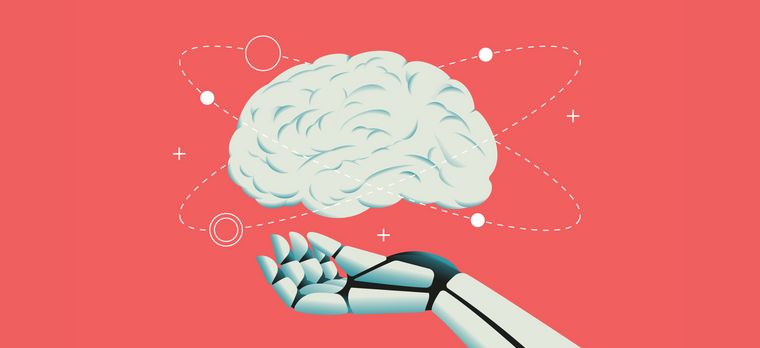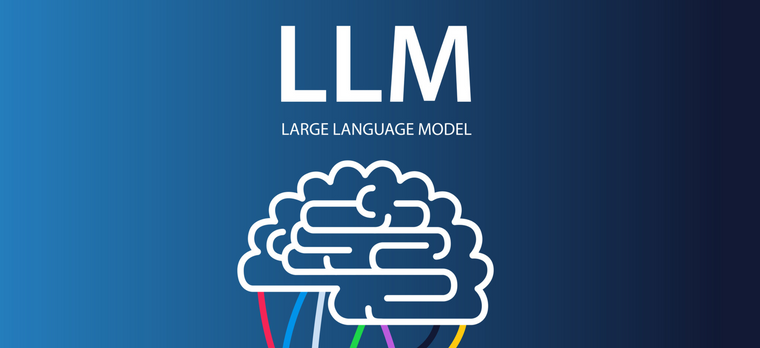AI impact on insights providers
This article explores how AI will transform the market research and insights industry from the perspectives of its various stakeholders.

In this excerpt, Robert Heeg asked some of the ESOMAR AI Taskforce members and other experienced insights professionals how AI will transform the profession in the insights industry. Here, we provide an edited extract. Nevertheless, you can find the whole article in Chapter 3 of ESOMAR’s Global Market Research 2023 report.
Unprecedented innovation in research
Naoki Takahashi, who heads the insights function at Nissan Motor Company, has no doubt that AI innovation in marketing research will be far bigger than anything we’ve seen before. “Since the mid-20th century, marketing research has evolved through computer science achievements. AI, in particular generative AI, will go far beyond prediction, discrimination and grouping, bringing a huge transformation. Hence, the application of AI to marketing research and its risks and opportunities will be wider and diversified far more than today.”
From an ethical point of view, Kevin Cowan, insight manager at BBC World Service, states: “If you do not know the source, method of collection, sampling approach, etc., you could misinterpret and misuse data. Similarly, for synthetic data, there are different ways to impute missing responses and combine data.” Another concern, shared by virtually all professions, is that AI will replace human workers. Barry Jennings, at Microsoft, part of a research and insights group of about 85 researchers who sit in the marketing organisation, sees a healthy future for people leveraging AI. “A lot of times, AI is really great at things that people can’t do as well and vice versa. People plus AI beats AI alone some 90 per cent of the time. A well-trained human with AI is great.’’
What will be the effect of AI on research providers – now and in the near future?
So far, the impact has been in the form of value-added research services, observes Dharmendra Jain, at the time of writing Director of Operations, Kantar (West, East & Central Africa). As examples, he names high-end analytics using predictive modelling, open-end response/text processing, social media analytics, and, recently, image and video analytics using computer vision.
However, ever since the arrival of GenAI, Dharmendra has seen the impact increase daily. “It is revolutionising the research offer, especially in the Innovation & Media domain, and speeding up research processes such as survey design, scripting/coding and data analysis. A lot is going to change in the research industry.”
Utilising AI
Providers can utilise a wide array of techniques that AI facilitates.
At Kantar, Dharmendra and his team successfully deployed AI in data quality, fraud detection, open-end processing, copy testing offer, and high-end analytics offer. He lists some of the many opportunities where AI can be deployed effectively:
Research design: GenAI can help with quick background research, market facts and ideas around new research, and better questionnaire design, where large language models (LLMs) can be deployed to have human kinds of interactions with the respondents.
New product development or innovation: Gen AI can help produce new concepts, themes and ideas.
Open-end responses processing: A massive application of text analytics, already in practice.
Audio data processing: Voice AI for CATI data/recordings.
Data quality: AI-based fraud detection techniques, data anomaly tests.
Process efficiency: Many processes can become efficient/faster and better using AI, such as AI-based questionnaire script generation, data quality checking, data processing, analysis and data visualisation.
LLMs for brand tracking/historical data: Pre-trained LLMs can be deployed to all previous data collected. They can be very useful for long-running tracking studies or panel studies.
Uncontrollable beast
AI-enabled research can deliver a number of advantages, such as creative content, value creation in survey design, value-added offers, and faster, cost-efficient operations with high-quality data output. Dharmendra identifies (also) some of the hazards. “Just like in any other innovation, AI will also bring some disadvantages and potential risks. Think, for instance, of the unethical use of AI, data bias, data confidentiality, model unexplainability, hallucinations, and the chance of not knowing what is original and what is AI-created.” Barry Jennings agrees that many questions need to be answered or at least addressed. “Sampling fraud is an acute challenge in the area where most of my work is B2B. We anticipate more usage of AI-driven bots, for example, trying to answer questionnaires and collect incentives. Fortunately, there are security products that can help address that.”
Now that AI is going mainstream, Dharmendra reflects on how the internet revolutionised the way we relate to life, work and everything. “AI will profoundly impact the world humanity, jobs, education, health and pretty much everything. Hence, it’s crucial that we understand its power, as well as associated risks. We need to regulate it so that it won’t become an uncontrollable beast.”
Curious to know what else the industry experts have shared about AI? Download our Global Market Research 2023 report now!


